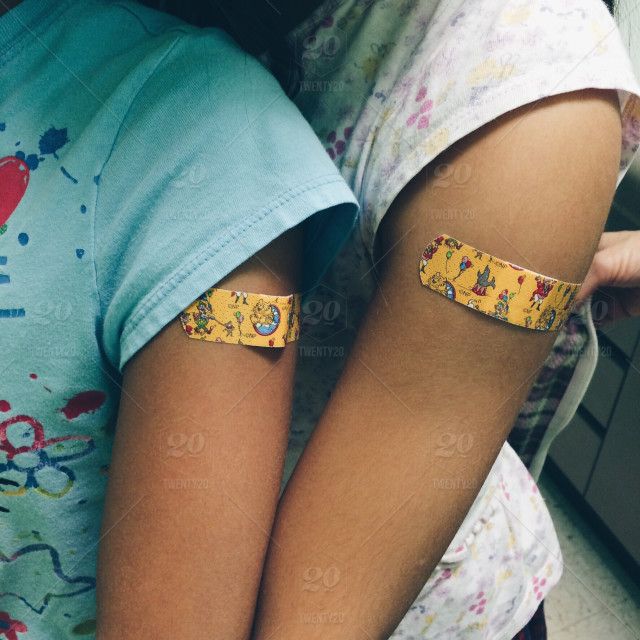What is meningococcal meningitis?
Meningococcal meningitis is a severe infection of the bloodstream and meninges (a thin lining covering the brain and spinal cord) caused by the bacteria, Neisseria meningitidis. This is a relatively rare disease with an average of less than15 infections reported in Nebraska per year since 1990. Meningococcal meningitis usually occurs as a single, isolated event. Clusters or outbreaks are rare in the United States. The symptoms include fever, headache, vomiting, stiff neck and a rash. Once symptoms appear, prompt medical treatment reduces the severity of illness. Occasionally the disease is fatal. The symptoms may appear 2 to 10 days after exposure, but commonly 3 to 4 days after exposure.
How is the Neisseria meningitidis spread?
This bacteria is spread by direct contact with nose or throat discharges of an infected person. Many people carry this particular bacteria in their nose and throat with no signs of illness, while others may develop serious symptoms.
When is an infected person able to spread the bacteria?
From the time a person is first infected until the bacteria are no longer present in nose and throat discharges, a person remains contagious. The duration varies according to treatment used. Patients should be excluded from school, daycare or work until 24 hours after therapy was begun and the illness has subsided.
What is the treatment for meningococcal meningitis?
Certain antibiotics are very effective in eliminating the bacteria from the nose and throat. Penicillin is the drug of choice for treatment of meningococcal infections.
Should people who have been in contact with a person diagnosed with meningococcal meningitis be treated?
Only people who have been in close contact (household members, intimate contacts, health care personnel performing mouth to mouth resuscitation, day care center playmates) need to be considered for preventive treatment. Such people are usually advised to obtain a prescription, usually for rifampin, from their physician. See the table in the fact sheet below for recommended antibiotics and dosages. Casual contact as might occur in a regular classroom, office or factory setting is usually not significant enough to cause concern. Close contacts should be alerted to watch for early signs of illness, especially fever, and seek treatment promptly.
Is there a vaccine to prevent meningococcal meningitis?
There are two vaccines against N. meningitidis available in the U.S. Meningococcal polysaccharide vaccine (MPSV4 or Menomune®) has been approved by the Food and Drug Administration (FDA) and available since 1981. Meningococcal conjugate vaccine (MCV4 or MenactraT) was licensed in 2005. Both vaccines can prevent 4 types of meningococcal disease, including 2 of the 3 types most common in the U.S. (serogroup C, Y, and W-135) and a type that causes epidemics in Africa (serogroup A). Meningococcal vaccines cannot prevent all types of the disease. But they do protect many people who might become sick if they didn't get the vaccine. Meningitis cases should be reported to state or local health departments to assure follow-up of close contacts and recognize outbreaks.
MCV4 is recommended for all children at their routine preadolescent visit (11 to 12 years of age) and then a booster dose at 16 years of age. For adolescents who receive their first dose of MCV4 at age 13 through 15 years, a 1-time booster should be administered, preferably at age 16 through 18 years, to provide additional protection during the period of increased risk. For those who have never gotten MCV4 previously, a dose is recommended at high school entry. Other adolescents who want to decrease their risk of meningococcal disease can also get the vaccine. Other people at increased risk for whom routine vaccination is recommended are college freshmen living in dormitories, microbiologists who are routinely exposed to meningococcal bacteria, U.S. military recruits, anyone who has a damaged spleen or whose spleen has been removed; anyone who has terminal complement component deficiency (an immune system disorder), anyone who is traveling to the countries which have an outbreak of meningococcal disease, and those who might have been exposed to meningitis during an outbreak. MCV4 is the preferred vaccine for people 11 to 55 years of age in these risk groups, but MPSV4 can be used if MCV4 is not available. MPSV4 should be used for children 2 to 10 years old, and adults over 55, who are at risk.



